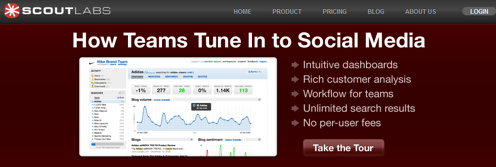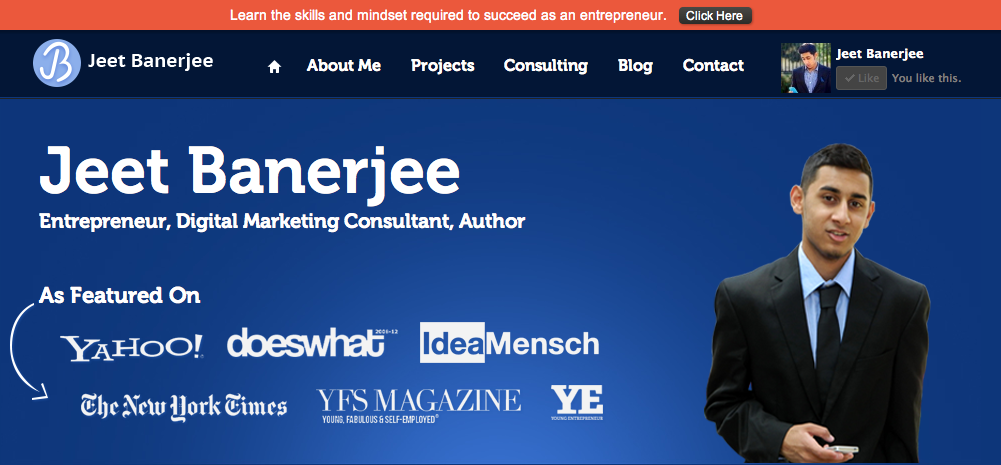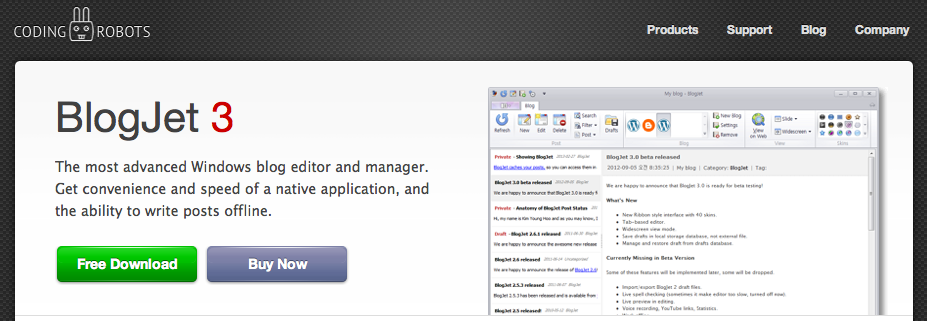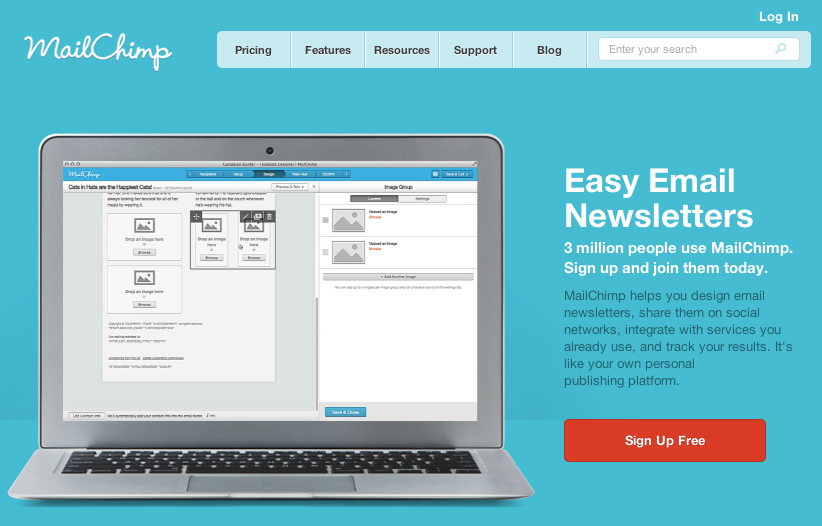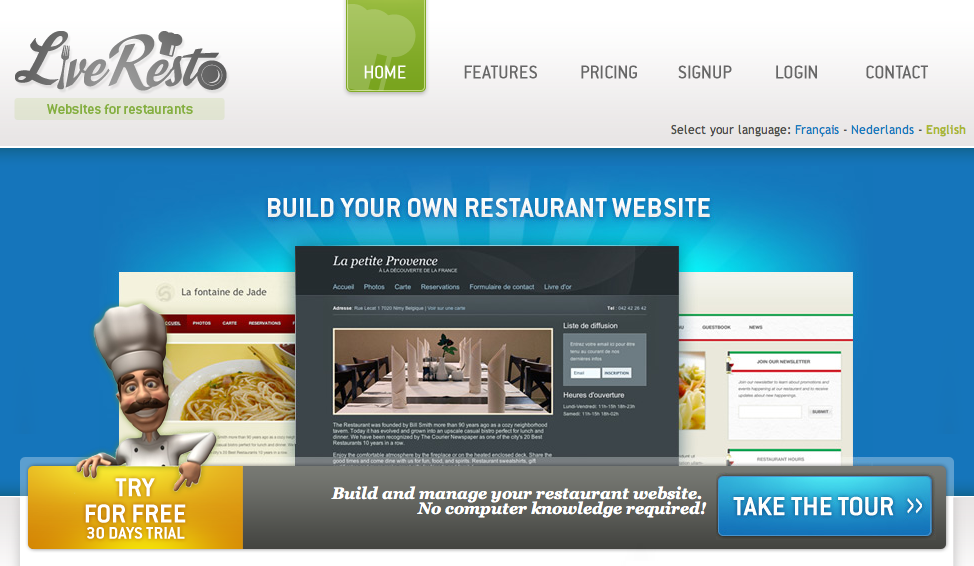Are you always pressed against time? Don’t worry, that’s a common feeling most people have. Entrepreneurs especially see time fly right by.
How many of you have looked at the time and said, “I wish there were more hours in a day.” I used to say that all the time!
In this blog article, I’m going to share with you how to hack time and get more out of your days.
1. Some “You” Time
Each day, you need to keep some time open for things you like to do. Whether it’s a hobby, going to the gym, or going out and getting drinks with friends, set aside some time each day for yourself.
When you have some time for relaxing or fun each day, it’s a lot easier to work harder and faster.
2. Learn To Say “No”
Productive people know when to say no. If you have lots of things to do and people are trying to pile more tasks on your desk, you need to step up and say NO.
You know how much work you can handle and how you manage your time. It might not be easy to say no, but it can make the biggest difference on how productive your days are.
3. Start With The Tedious Stuff First
Mornings are when you are the most refreshed. Instead of saving the things you hate for the end, start with the tough stuff first.
Not only will you be able to do a better job on it, but you’ll be able to look forward to something you may enjoy doing. Productivity has a direct correlation with your attitude. Always find ways to increase positivity so that you can increase your productivity.
4. Work Smarter, Not Harder
Are the things you’re doing everyday worth your time? Is this someone else can do? Does this really need your attention?
These are some very crucial questions that you should be asking yourself. You always want to work smarter, not harder. When I say that, I mean that you should be doing the work that really requires your expertise and knowledge and hire assistants or others who can manage the things that really don’t need much skills and insight.
5. Value Your Time
How much is your time worth? Can you delegate some tasks to other people so that your net income increases?
If your time is worth $100 an hour, it would clearly be a poor choice to mow your lawn or clean your house. Instead of doing that work yourself, you can hire someone to mow your lawn and clean your house while you are able to focus on the tasks that make you more money.
6. Stop Trying To Do It All
If you have a bunch of tasks to do, focus on one item at a time. Multi-tasking can be disastrous and usually ends up taking more of your time.
Get one thing done at a time before moving to the next. You will be far more productive because your work will be solid and you will probably end up finishing a lot quicker anyway.
7. Maximize Your Meetings
A lot of time is spent on phone calls and meetings talking about nothing. An easy way to save more time and get done with meetings quicker is to get to the point.
Every meeting has an agenda and the quicker you get to it, the quicker you get to leave. Meetings and phone calls can take up a large portion of your day so it’s extremely crucial that you maximize your time during those moments.
8. Wake Up Early
Instead of staying up late to finish work, try waking up early. You’re the most productive in the mornings and that’s typically the time when most other people in the world are awake as well.
The difference between waking up at 8 AM and 6 AM is unbelievable. Those extra 2 hours can help you get done more than you can ever imagine.
9. Automate Things
Are there things that you’re doing everyday? If so, find a way to automate things that always require your attention. For example: If you always have to submit reports to your team, find a way to automate those reports.
10. Stay Organized
Searching for things can take up a lot of your time. It may take a few minutes extra to stay organized, but you’ll be glad you did it.
Many people waste a ton of time because they are unorganized. Personally, I’ve lost many hours due to a lack of organization in my office.
Conclusion
Increasing productivity in your daily life takes a lot of practice and hard work. However, with the right amount of patient and practice, you can eventually get the most out of your days!






